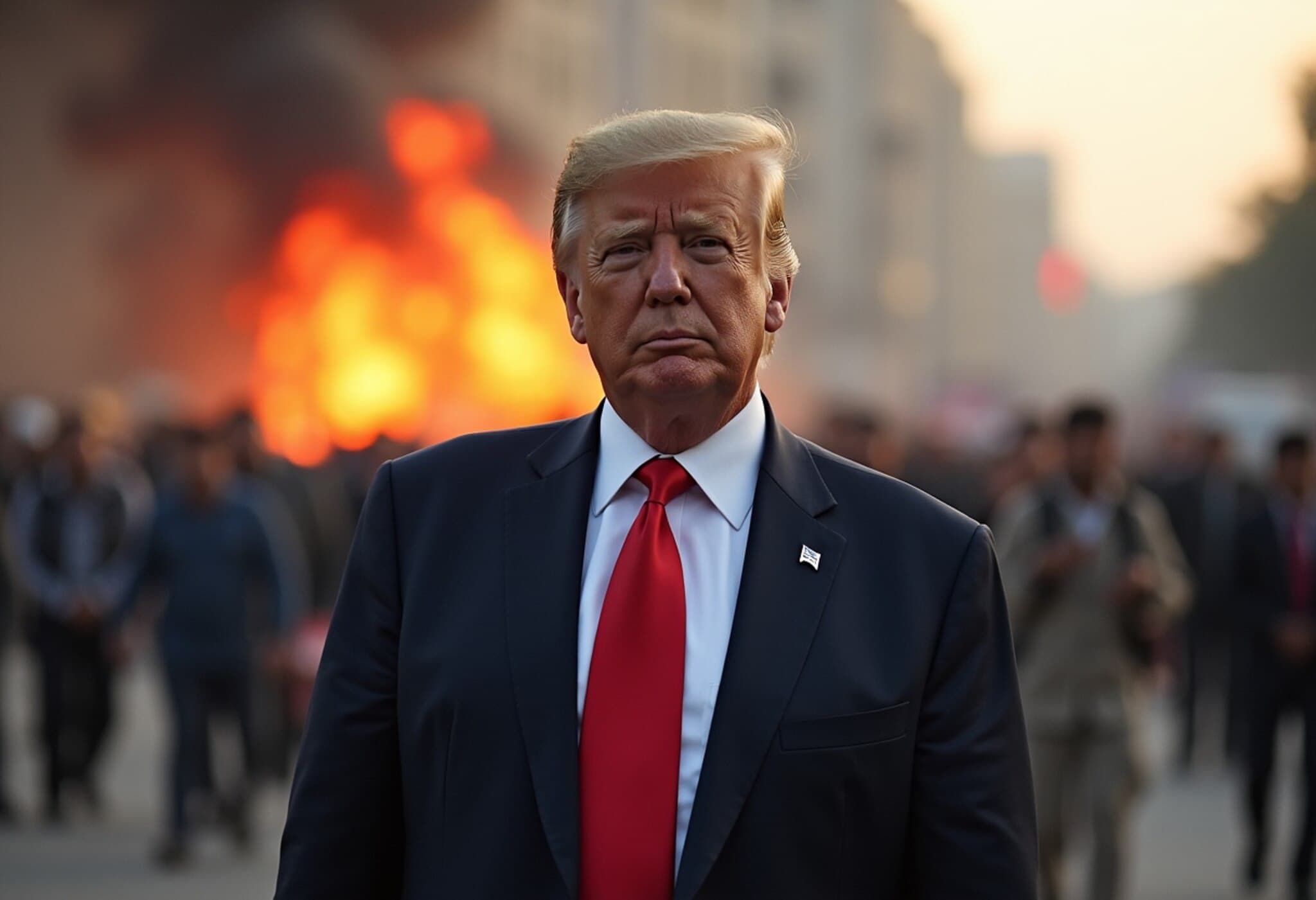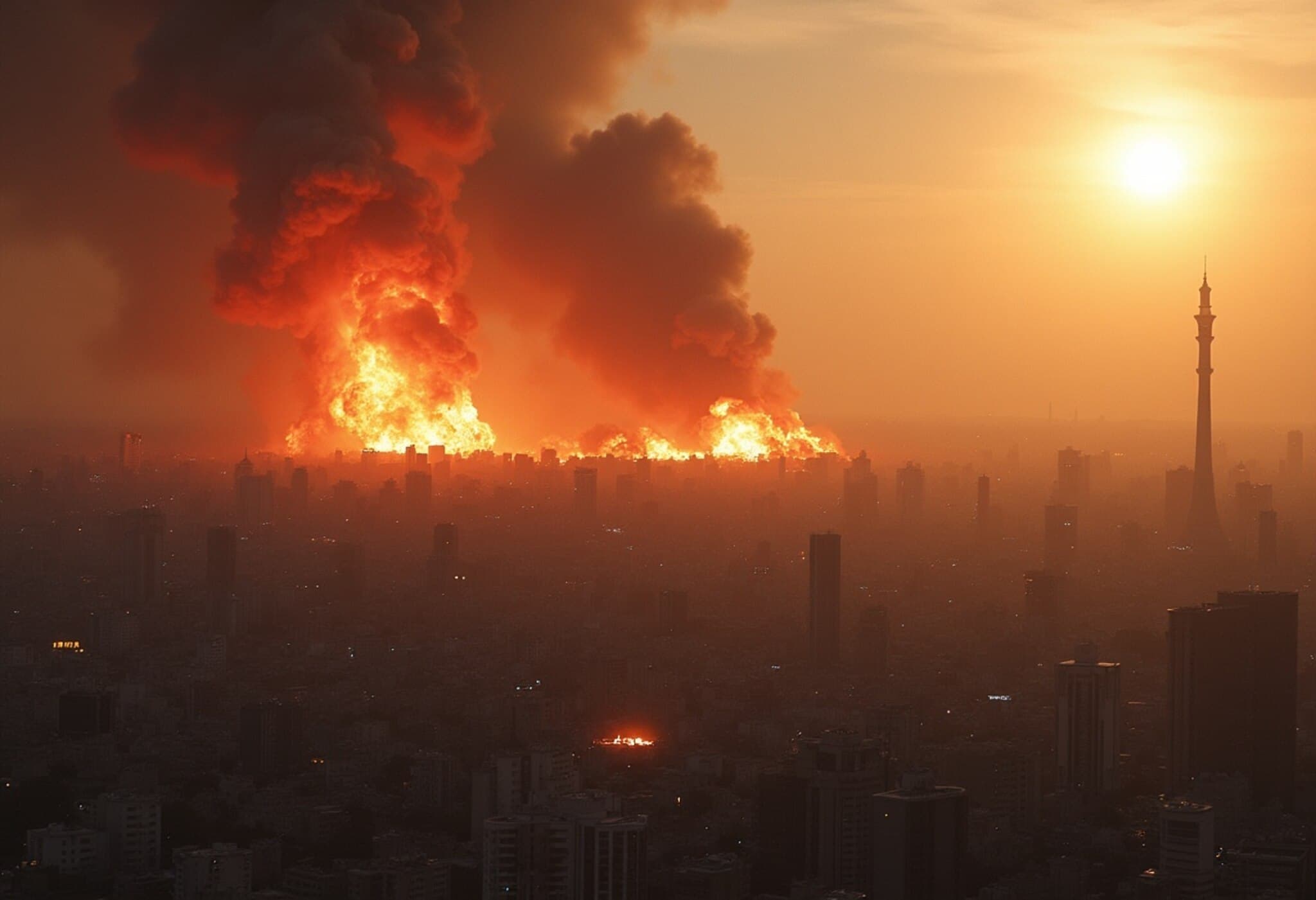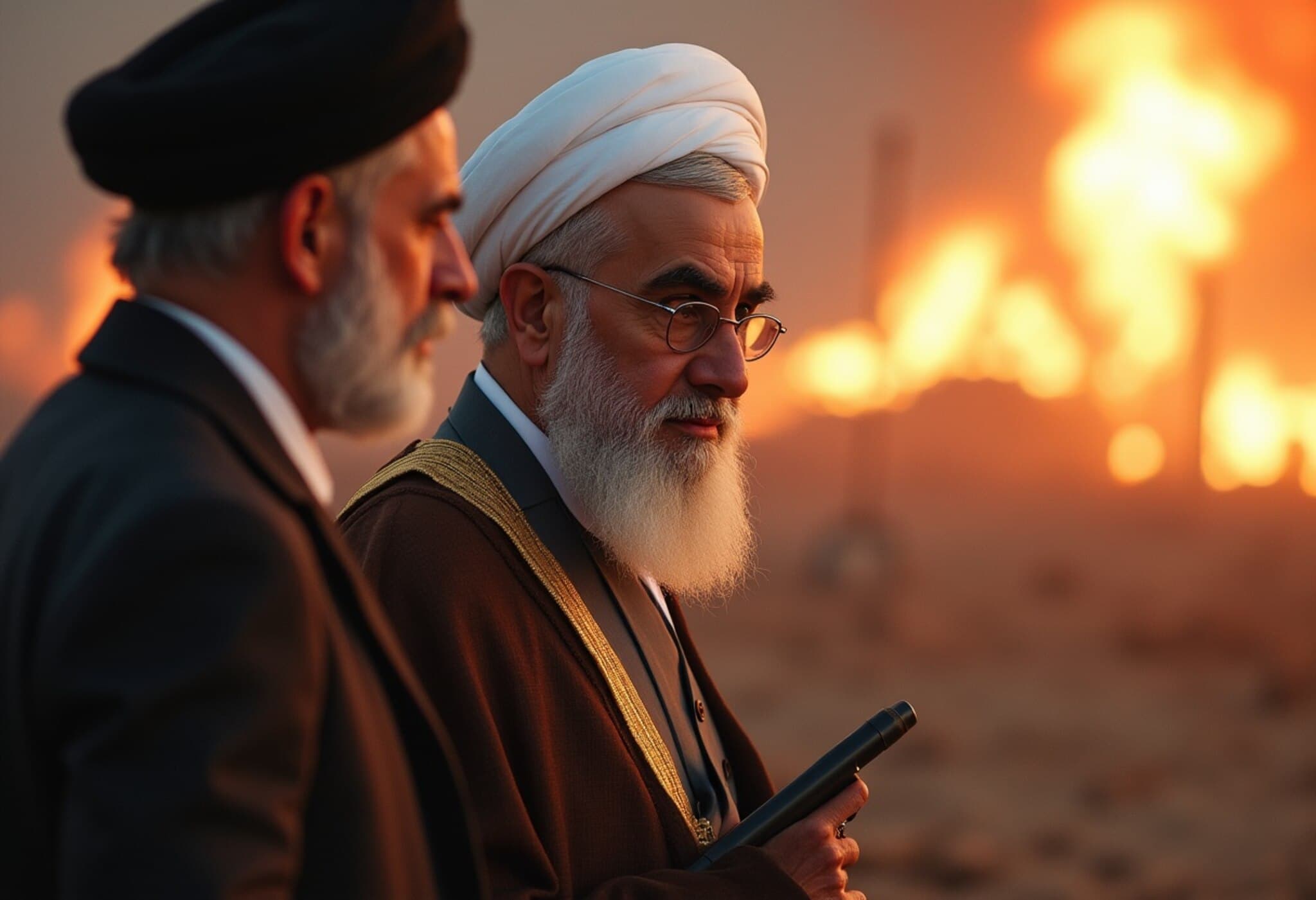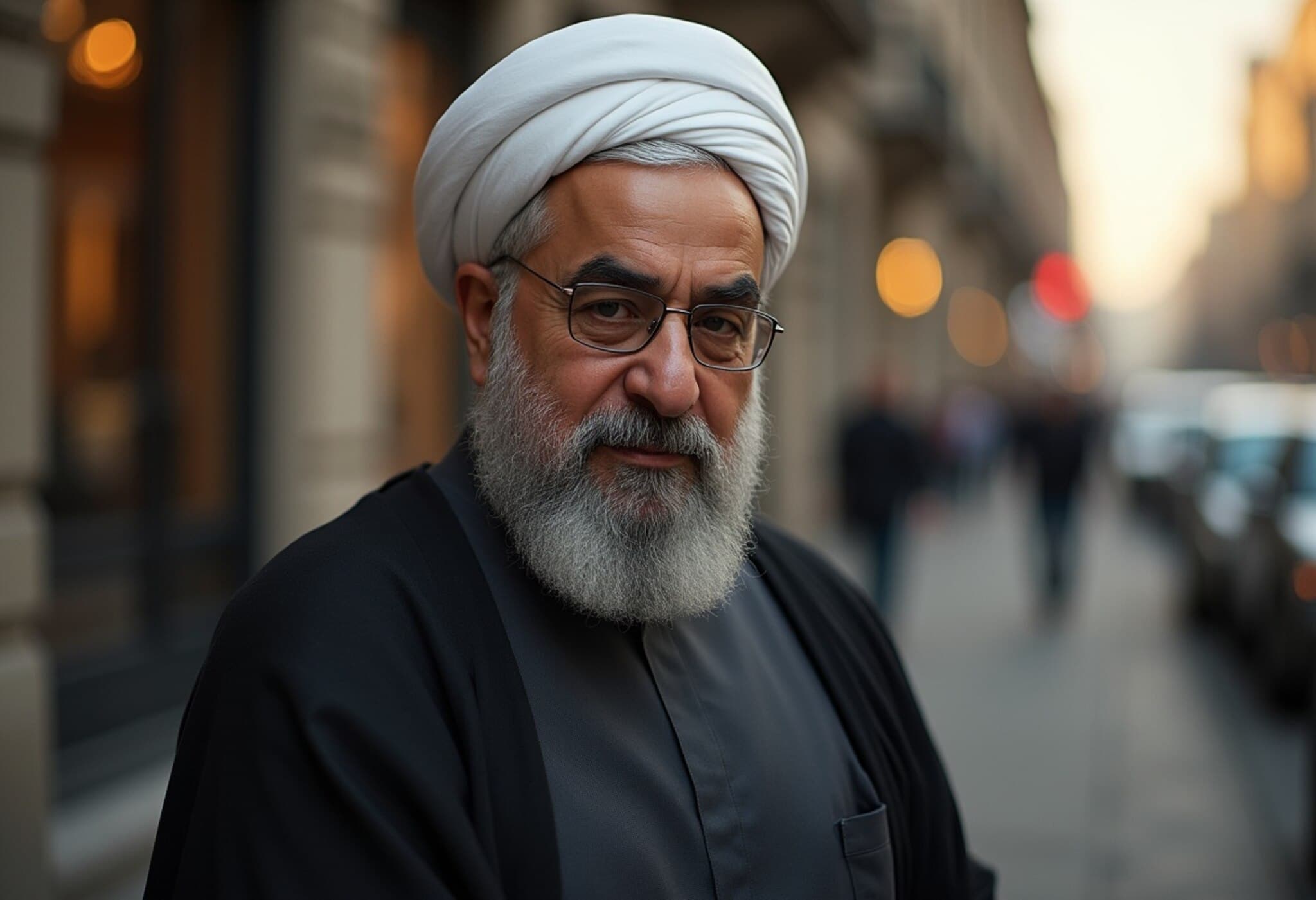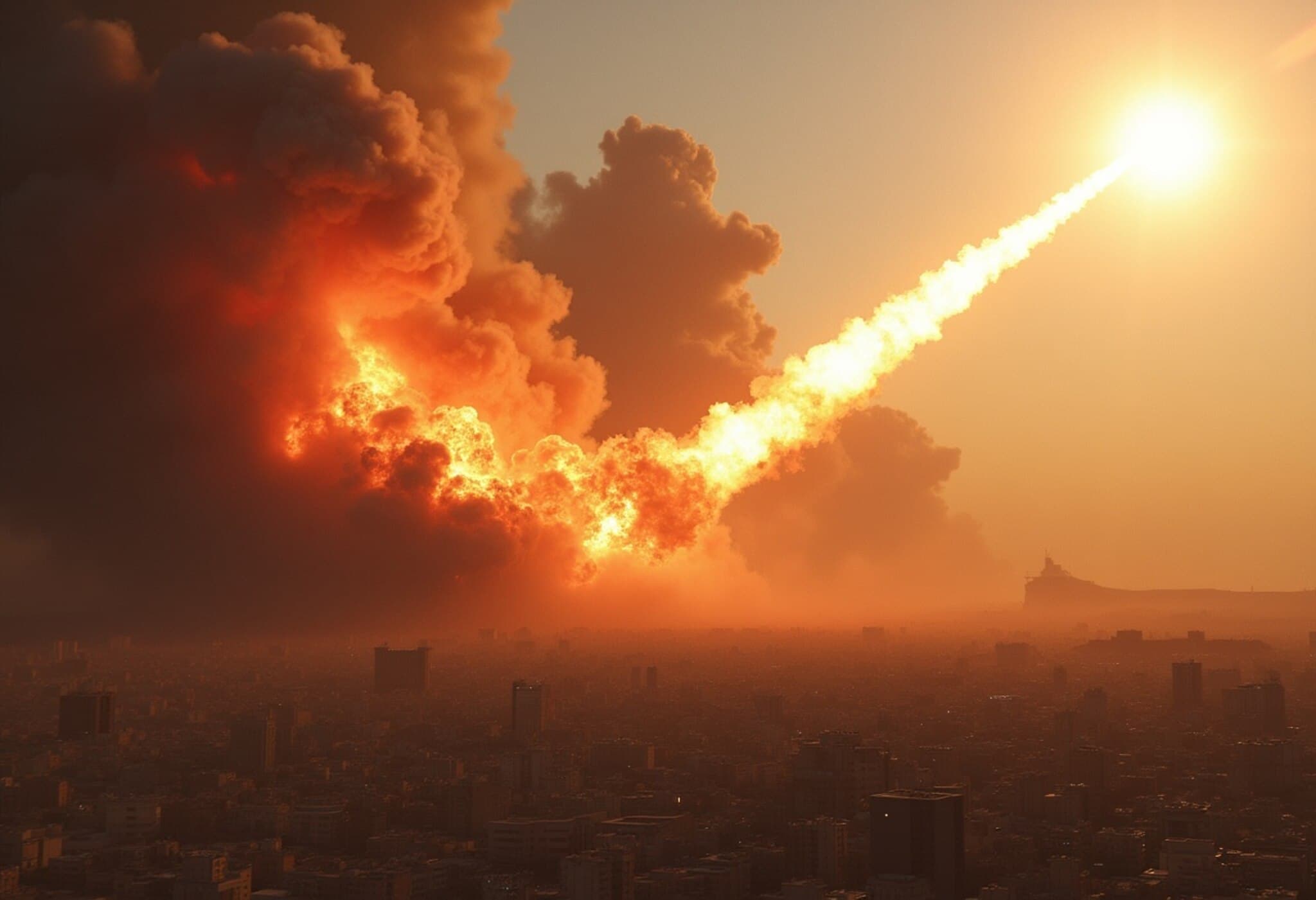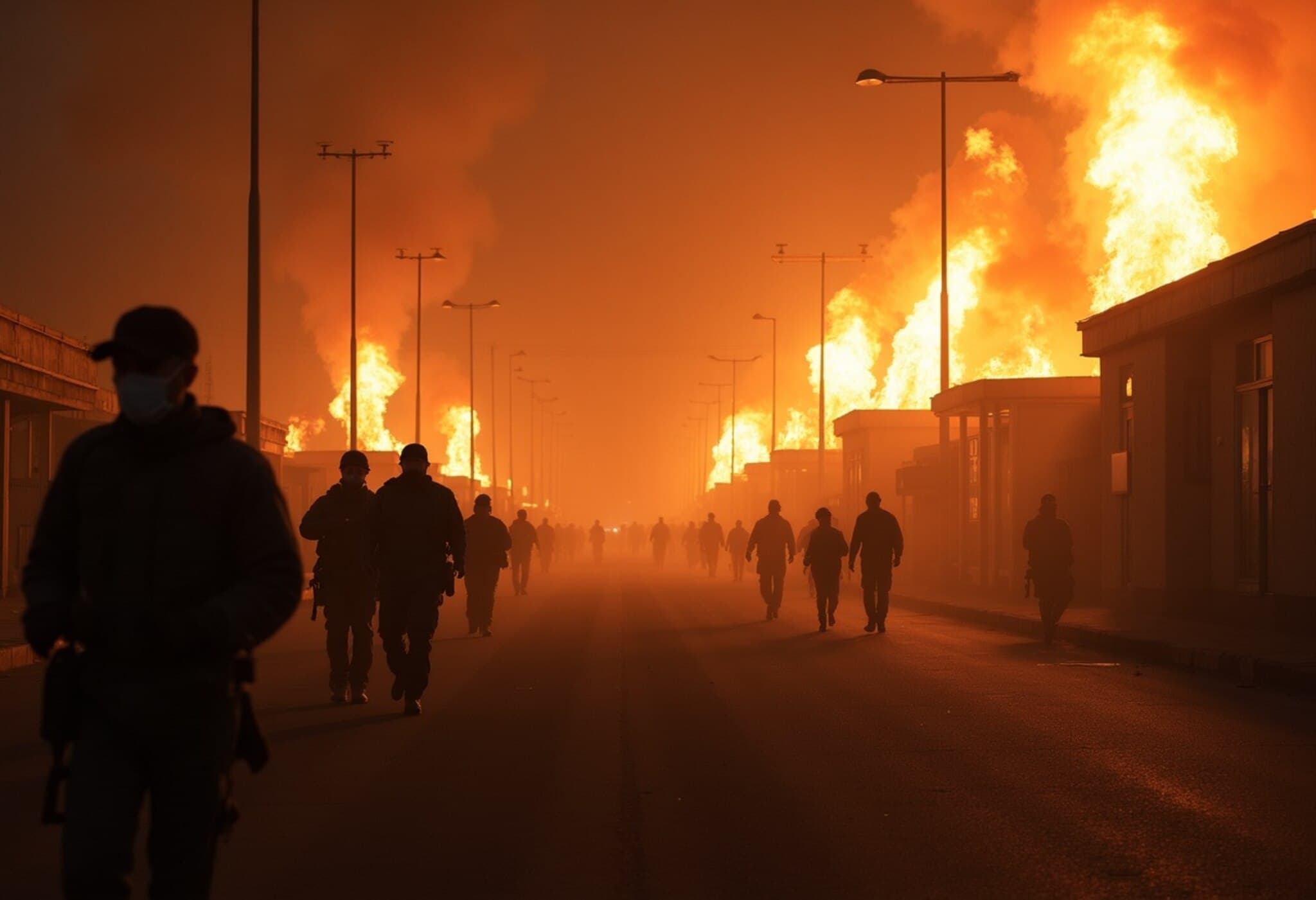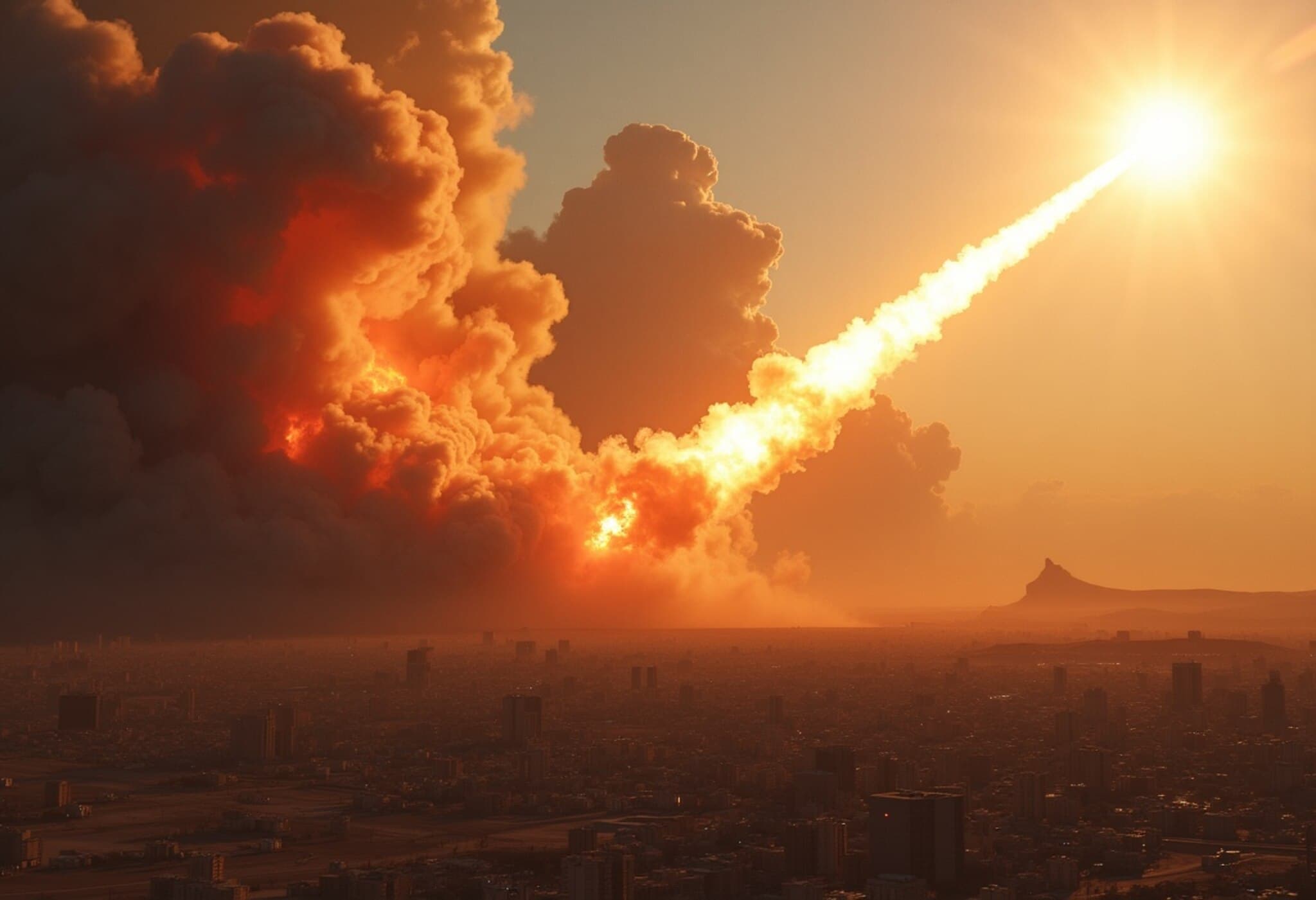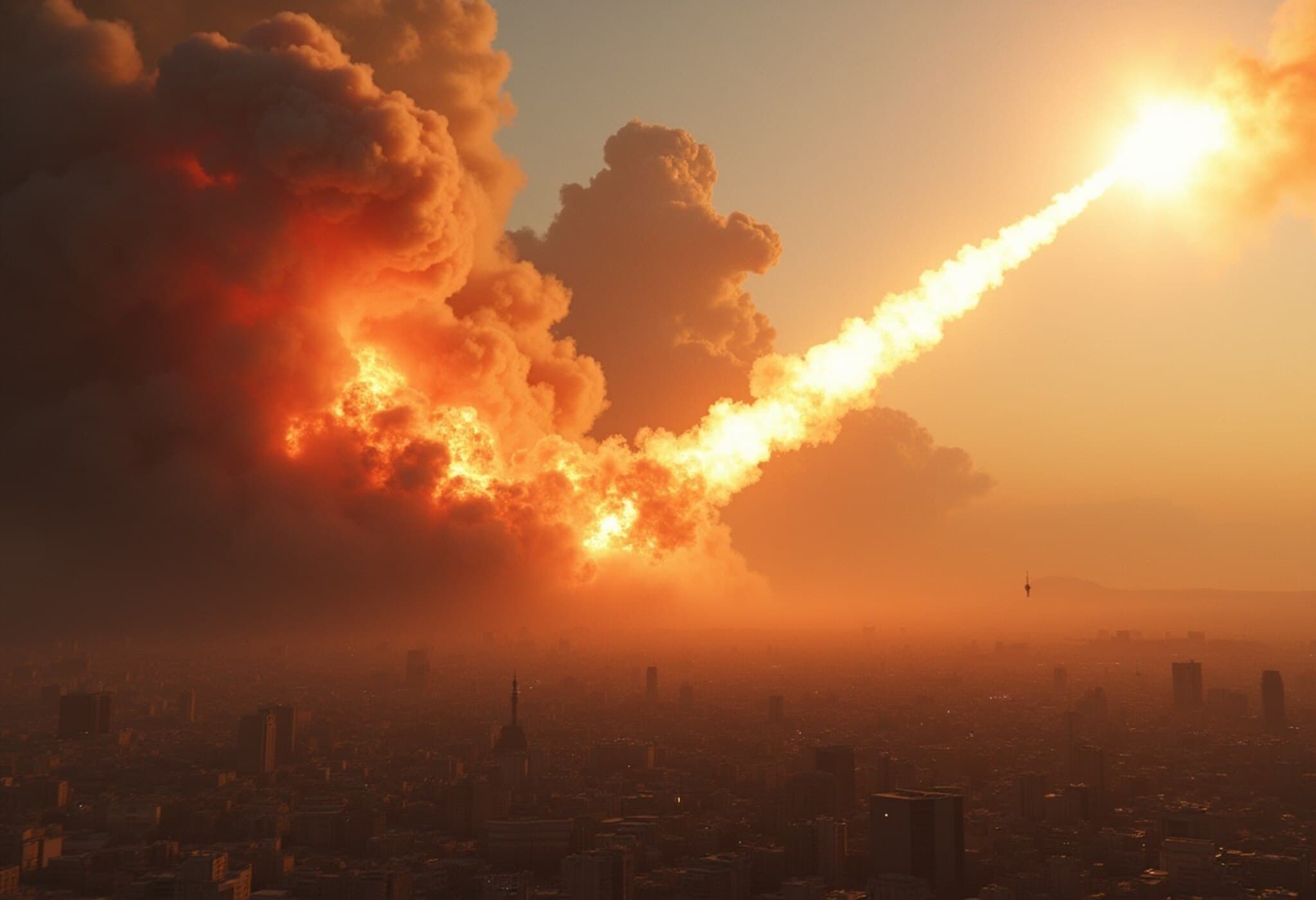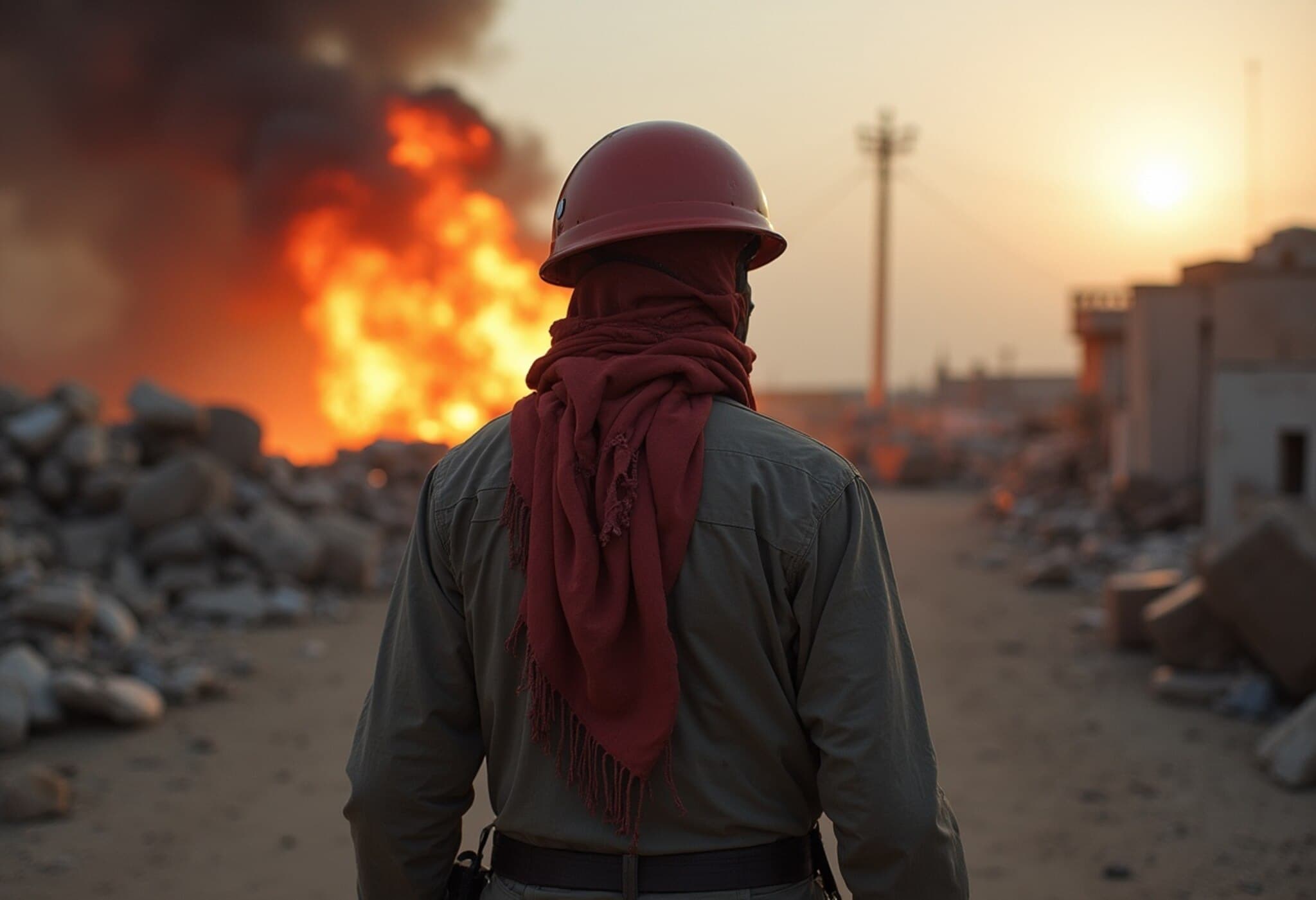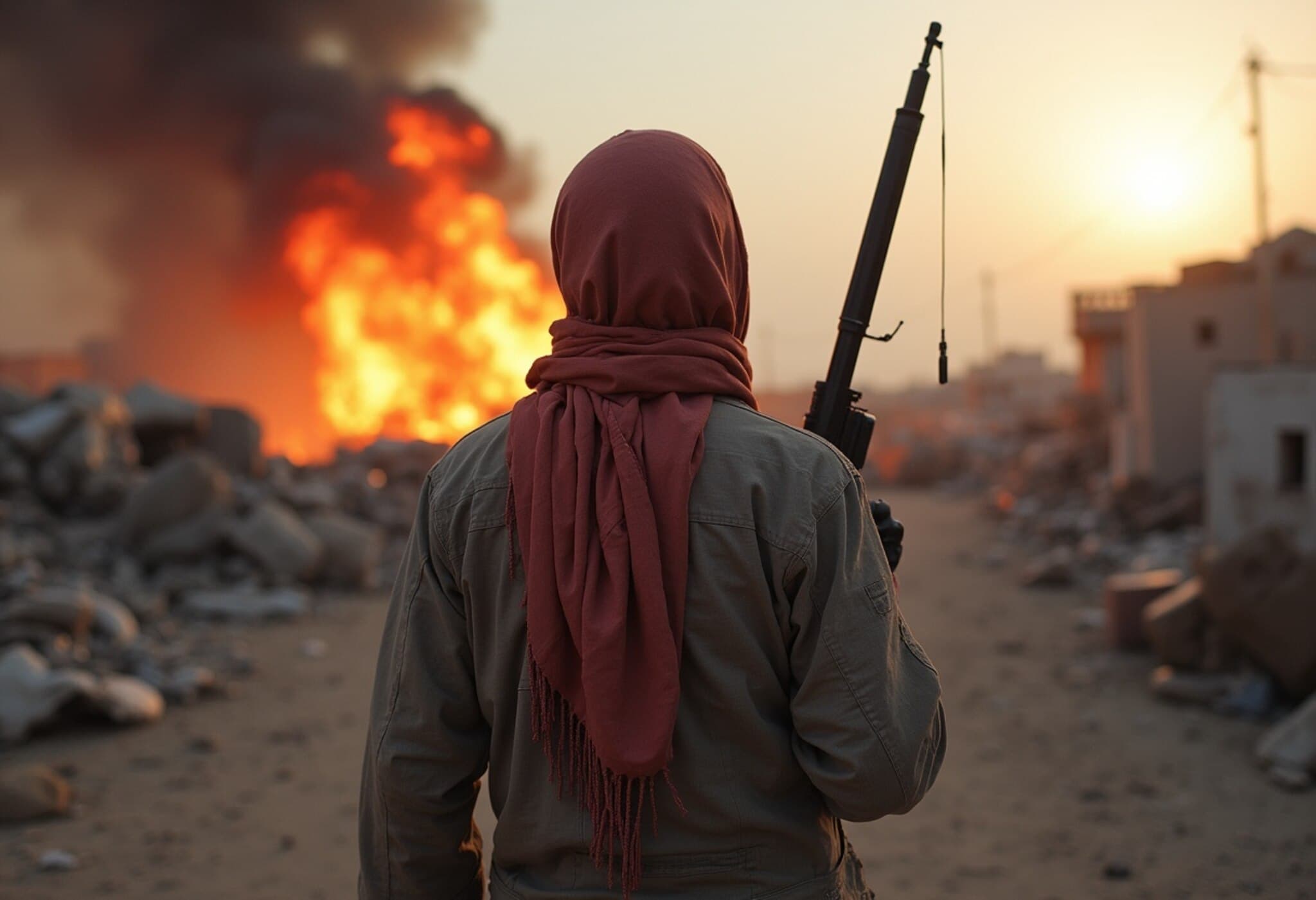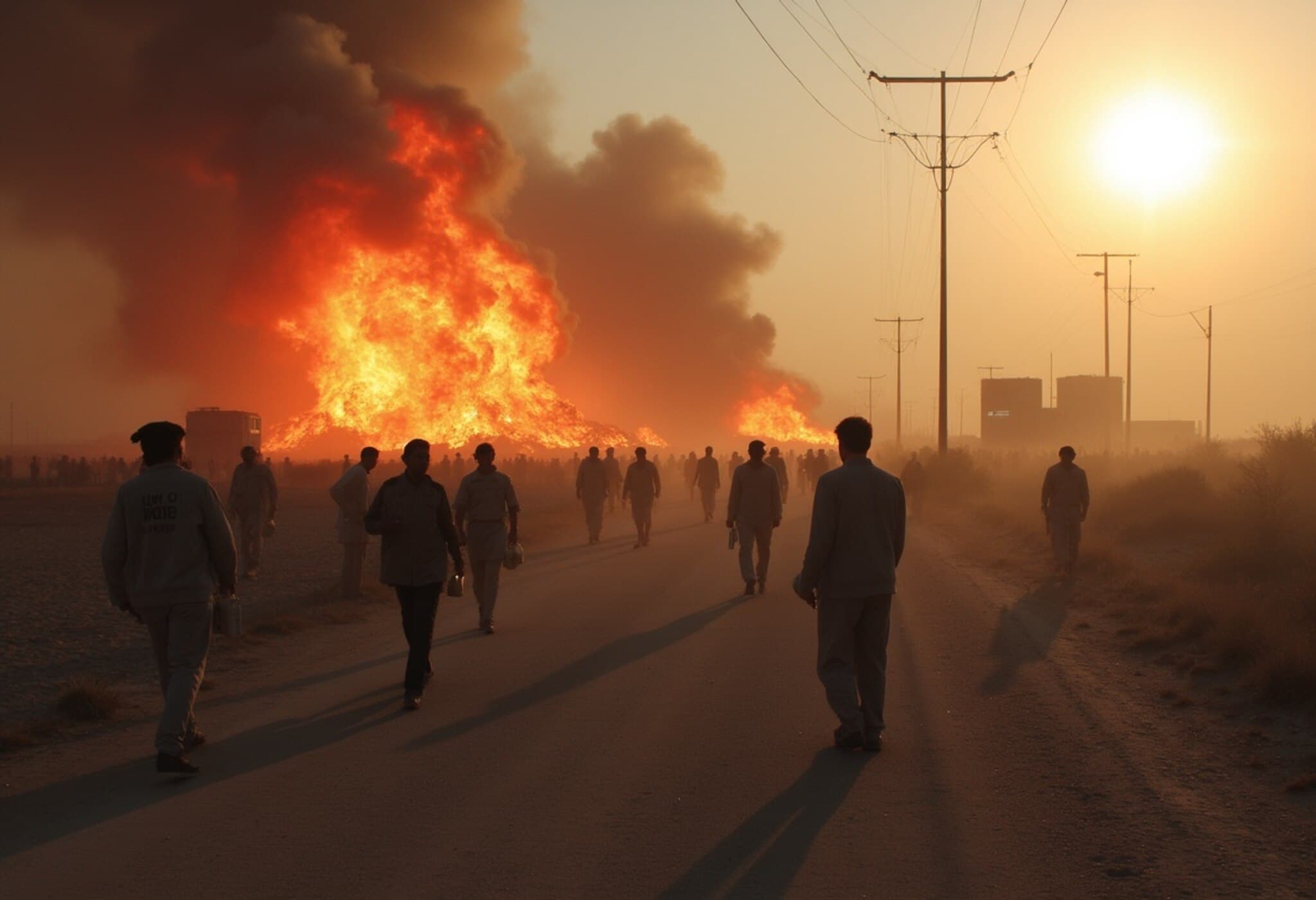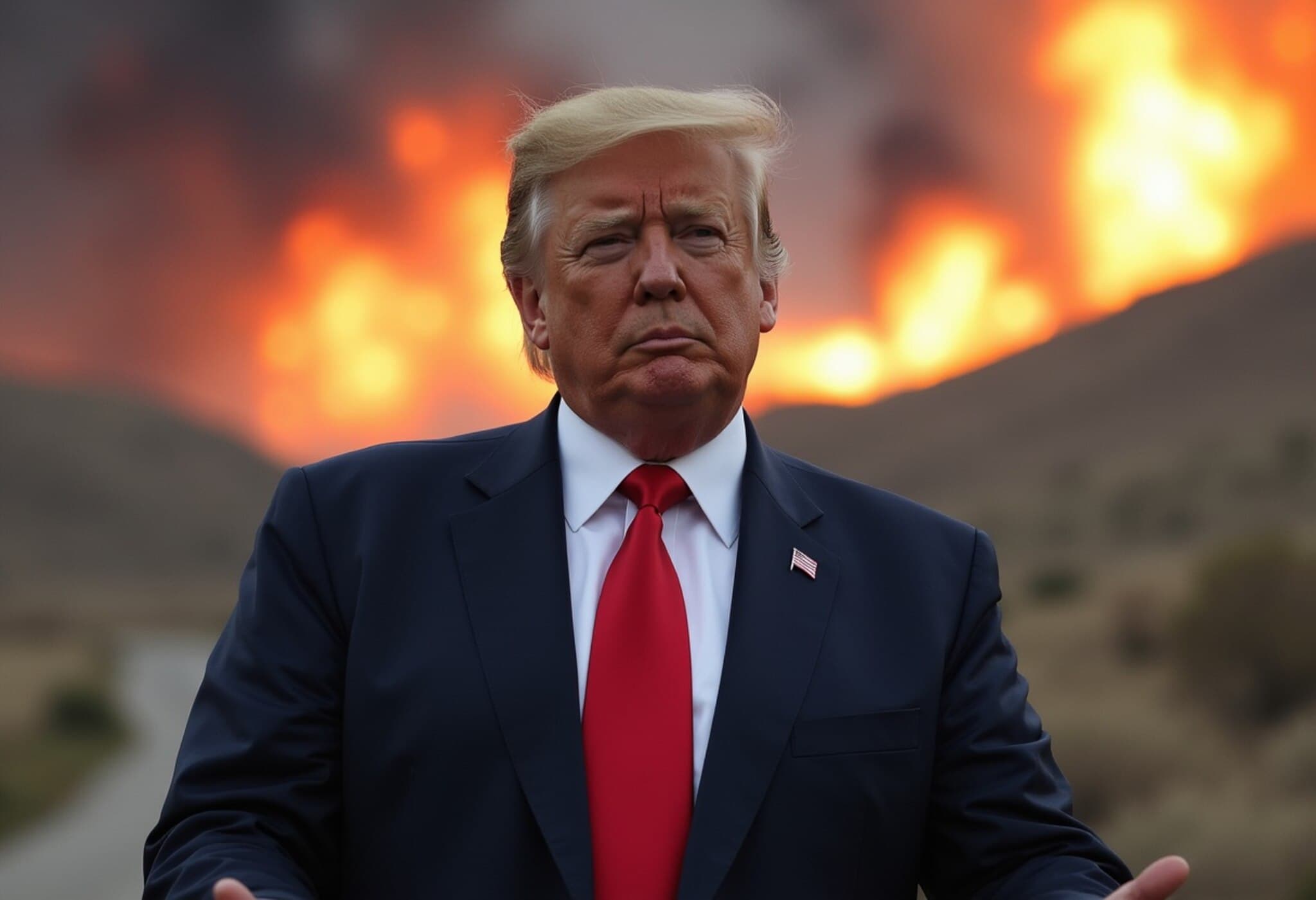Progress Towards Gaza Ceasefire Gains Momentum
Former US President Donald Trump expressed cautious optimism on Wednesday about an impending ceasefire to halt the Israel-Hamas conflict in Gaza. He indicated that “very good news” could be on the horizon following a ceasefire agreement reached between Israel and Iran—Hamas's key backer—after 12 days of intense clashes.
"I think great progress is being made on Gaza," Trump told reporters, citing information from his special envoy Steve Witkoff who conveyed that a resolution was “very close.”
New Diplomatic Efforts and Intensified Talks
The simmering conflict, which erupted after October 7, 2023, following a Hamas attack on Israel, has sparked growing demands for peace from multiple quarters. Israeli Prime Minister Benjamin Netanyahu faces mounting pressure from opposition politicians, hostage families, and even some coalition members to end the bloodshed.
Qatar, a key mediator, announced plans to launch a renewed ceasefire initiative this Tuesday. The following day, Hamas confirmed the negotiation pace had accelerated. "Our communications with our brother mediators in Egypt and Qatar have intensified recently," said Hamas official Taher al-Nunu, though he underscored that no new proposals have yet been received.
The Israeli government declined to comment on the specifics of the talks but affirmed ongoing efforts to recover Israeli hostages held in Gaza, both militarily and through diplomatic channels.
Rising Casualties Feed Calls for an End to Fighting
The hostilities have exacted a heavy toll. Israeli forces entered Gaza aiming to dismantle the Iran-linked Hamas network and rescue captives seized during the initial 2023 assault. Official tallies indicate 1,219 Israelis, mostly civilians, lost their lives during the Hamas attack.
Meanwhile, Gaza’s health ministry reports over 56,000 deaths, predominantly civilians, resulting from Israel’s military campaign—a figure regarded as credible by the United Nations.
One recent tragedy further galvanized criticism: seven Israeli soldiers from the combat engineering corps died Tuesday in southern Gaza, raising Israel’s military death count in the territory to 441.
This loss sparked rare dissent within the government. Moshe Gafni, leader of the ultra-Orthodox United Torah Judaism party and a coalition member, openly questioned the war’s purpose. "I still don't understand why we are fighting there... Soldiers are getting killed all the time," he remarked during a parliamentary hearing.
Emotional Toll on Soldiers and Civilians
At the funeral of 20-year-old Staff Sergeant Ronel Ben-Moshe in Rehovot, family and comrades mourned deeply. A former soldier named Ariel confided about the war’s psychological strain, recounting his own mental breakdown and discharge. “I have seen so many kids like me die. It’s time for it to stop,” he said.
The Hostages and Missing Families Forum, representing relatives of captives, echoed calls for an end to the war. They described the conflict as “running its course without clear purpose or plan,” emphasizing the urgency for resolution.
Among the 251 hostages taken by Palestinians, 49 remain in captivity, including 27 whom the Israeli military believes are deceased.
Humanitarian Crisis Deepens Amid Violence at Aid Sites
Gaza’s civilian population, exceeding two million, faces dire conditions. Israeli restrictions have led to famine-like emergencies, with reports of nearly daily deaths among those queuing for food assistance.
On Wednesday, the Gaza civil defense agency reported that Israeli fire killed 35 people—including six waiting for aid—in an area where Palestinians gather nightly for ration distribution. Civil defense spokesman Mahmud Bassal described victims being hit by "bullets and tank shells."
Israel’s military responded by stating it was unaware of any recent incidents causing casualties in central Gaza.
The United Nations condemned the exploitation of food as a weapon in Gaza and criticized the Gaza Humanitarian Foundation (GHF)—a new organization operating with US and Israeli backing amid controversy related to neutrality and chaotic aid distribution. Since late May, the Gaza health ministry states nearly 550 people have died near aid centers seeking scarce supplies.
Looking Ahead
As diplomatic momentum builds and pressure mounts on all sides, hopes for a ceasefire grow stronger. The path to lasting peace remains fraught with challenges, but the growing calls from political figures, families, and international actors underline the urgent need for a resolution to halt the suffering gripping Gaza and Israel.

